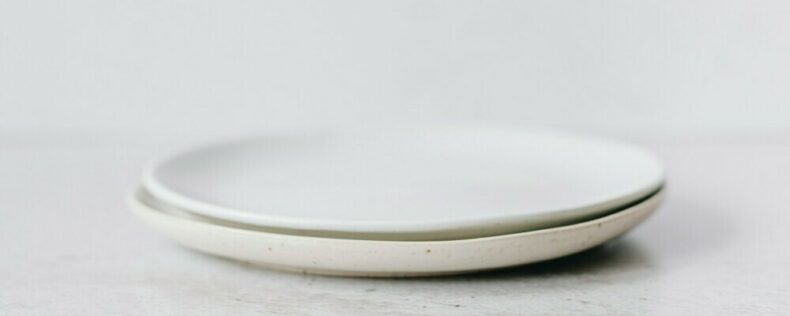In my most recent post, I went over mistakes to avoid when trying to bulk, because bulking can easily lead to adverse effects when not done properly. I want to follow up that discussion by also going over some things to be cautious of when going on a cut. As is the case with bulking, cutting can lead to severe negative consequences if you’re not careful. Therefore, it’s essential that you avoid these three cutting mistakes if you’re trying to lose weight in a healthy manner.
1. Being Overly Restrictive
I’ve emphasized this many times, but the reality is that being too strict about your diet only makes it less likely that you’ll be able to stick to it in the long run. When you completely cut yourself off from foods that you’re used to eating and adopt very restrictive dietary habits, you may quickly be overwhelmed by the inconveniences of adhering to such strict rules, as well as the cravings that never go away because you don’t ever let yourself indulge in them.
You may find it extremely difficult to maintain these habits, and unless you have superhuman willpower, you’ll probably give up before you’ve made any significant progress. That’s why I believe that the simpler your diet is, the more effective it’ll be.

As long as you’re sticking to a consistent calorie deficit, getting enough protein, and working out routinely, you can be relatively flexible with the other aspects of your cut. It’s OK to satisfy your cravings from time to time and have cheat days throughout the cut. You don’t have to stick to rigid diets or fasting approaches. Ironically enough, a less drastic approach tends to be better for helping you reach your weight loss goals.
2. Eating Too Little
Just like how bulking to the extreme and eating too much isn’t good for you, neither is cutting to the extreme and eating too little.
First of all, losing weight too quickly isn’t healthy. When trying to lose weight, you should aim to only lose about 1-2 pounds per week, which is a safe and sustainable rate for your body to handle. If you try to change your body too quickly, not only will your body try to fight back and regain that weight to maintain homeostasis, but you may also experience a variety of negative effects on your health. For more on how to properly carry out a cut, check out my post How Long Should a Diet Last?.
In addition, you can’t simply try to eat as little as possible, because food is necessary for our bodies to function properly. If you’re regularly eating too little, your body won’t get the nutrients it needs to carry out its routine, life-sustaining tasks.
Lastly, if you’re eating too few calories and not enough protein, you’re going to experience significant muscle loss. This is especially important to note if you’re cutting with the intention of preserving muscle mass and increasing muscle definition; you need to be particularly careful with how much of a calorie deficit you create if you want to retain as much muscle as possible during the cutting process.
3. Obsessing over the Process
Lastly, don’t become so obsessed with dieting and watching your calories that it begins to negatively impact other areas of your life. An example of this is if you become so focused on tracking your daily caloric intake that you avoid going out to eat and never partake in social gatherings, which could begin to affect your relationship with your family, friends, and co-workers.
Revisiting an earlier point, trying to adhere to a very strict diet at all times is an extreme and very difficult approach. You can make exceptions for special occasions, as long as you get back on track right after. Losing weight requires making smart decisions about what you eat, but you should never let your diet dictate your life.

Another danger with becoming too hung up on the cutting process is that it can contribute to the developing of body dysmorphia, a disorder in which you become overly preoccupied with negative aspects of your appearance and are never pleased with how you look. In the context of dieting, this might cause you to think you’re overweight no matter how much weight you lose. It’s an unhealthy symptom that can lead to further problems like eating disorders and depression, so it’s definitely something you want to be very cognizant of.
Preventing, managing, and treating body dysmorphia obviously requires a much deeper discussion if it’s something you’re truly concerned about. Generally speaking, though, to avoid developing body dysmorphia, understand that weight fluctuations are normal and to be expected during a cut, and that you’re simply cutting to achieve satisfaction, not perfection, because the latter doesn’t exist.
Finding the Right Balance
Many people have a hard time losing weight because they don’t do enough to ensure they’re eating at a calorie surplus, or lack the persistence and discipline to maintain such a habit for very long. As you can see, though, being too fixated on trying to diet also isn’t the right answer. It’s not necessarily a more effective approach, and even if it does work, it may bring about serious problems to your physical, emotional, and mental health along the way.
If you decide to commit to a cut, make sure you come up with a plan that’ll be effective without taking measures to the extreme.

